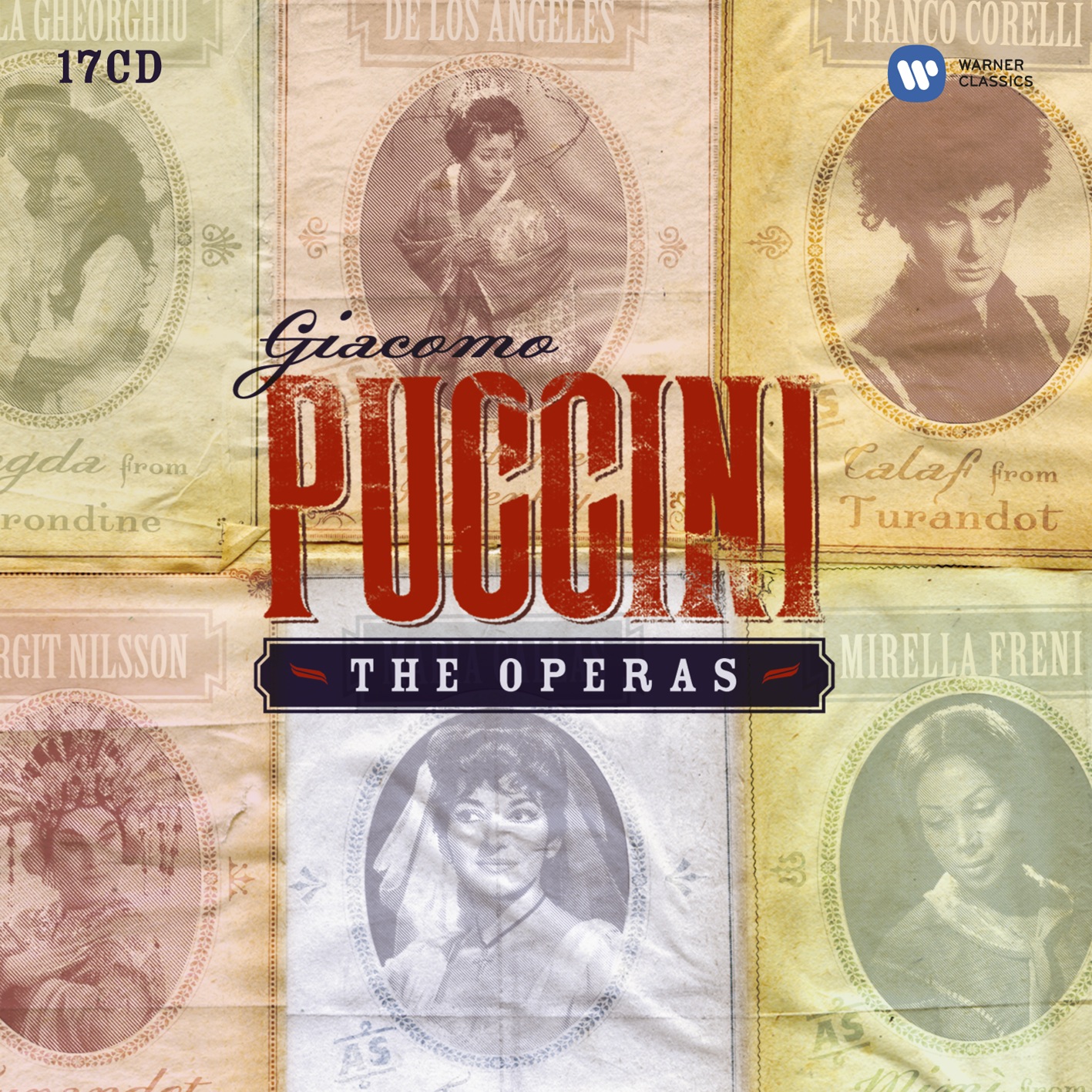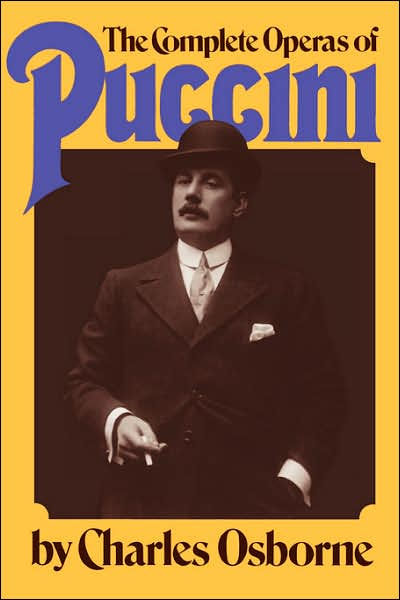

Though yearning for love, she keeps herself at a motherly distance, reading from the Bible to the illiterate men and offering them an example of decency-until she falls for a bandit, rescues him from an imperious sheriff, and rides off with her redeemed lover as they sing “Addio, California.”Īnother staple of international houses tells the story of a steamy love affair in Rome in 1800 between a renowned opera diva and a handsome painter who, betraying his aristocratic lineage, embraces antiroyalist causes.

Then there is the tale of a plucky young woman who owns a saloon in a small California town during the Gold Rush, a place she makes a home away from home for the rugged miners who have left families behind to seek their fortune.

They break up, make up, and break up again, until she returns to die in his arms. A consumptive seamstress and a struggling poet in the Latin Quarter of Paris around 1830, living in near-poverty amid bohemian friends, meet and fall in love at first sight. For one, his operas are deemed shamelessly sentimental. That very popularity has long rendered Puccini suspect in high-minded circles. How wealthy? When Puccini died at 65, in 1924, he left behind an estate estimated in today’s dollars at nearly $200 million, making him one of the most financially successful opera composers in history. Intellectual condescension toward Giacomo Puccini, which still persists, started during his lifetime, when his operas played the world’s houses and made him wealthy.


 0 kommentar(er)
0 kommentar(er)
